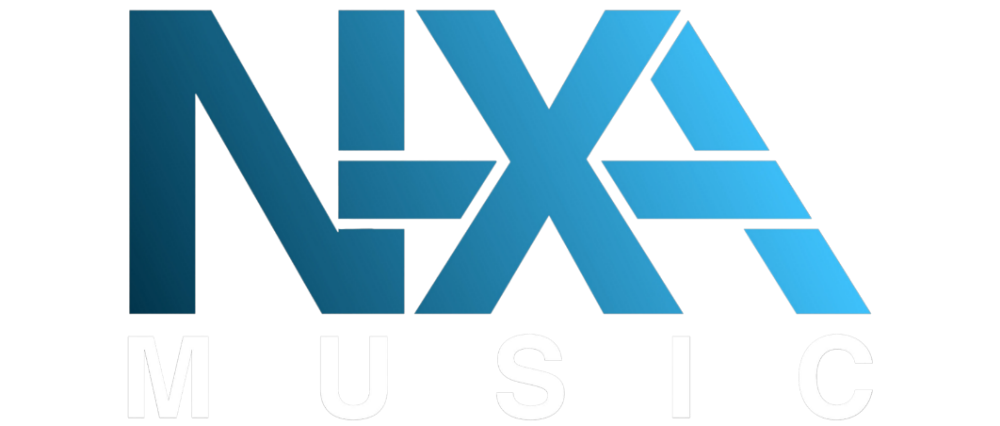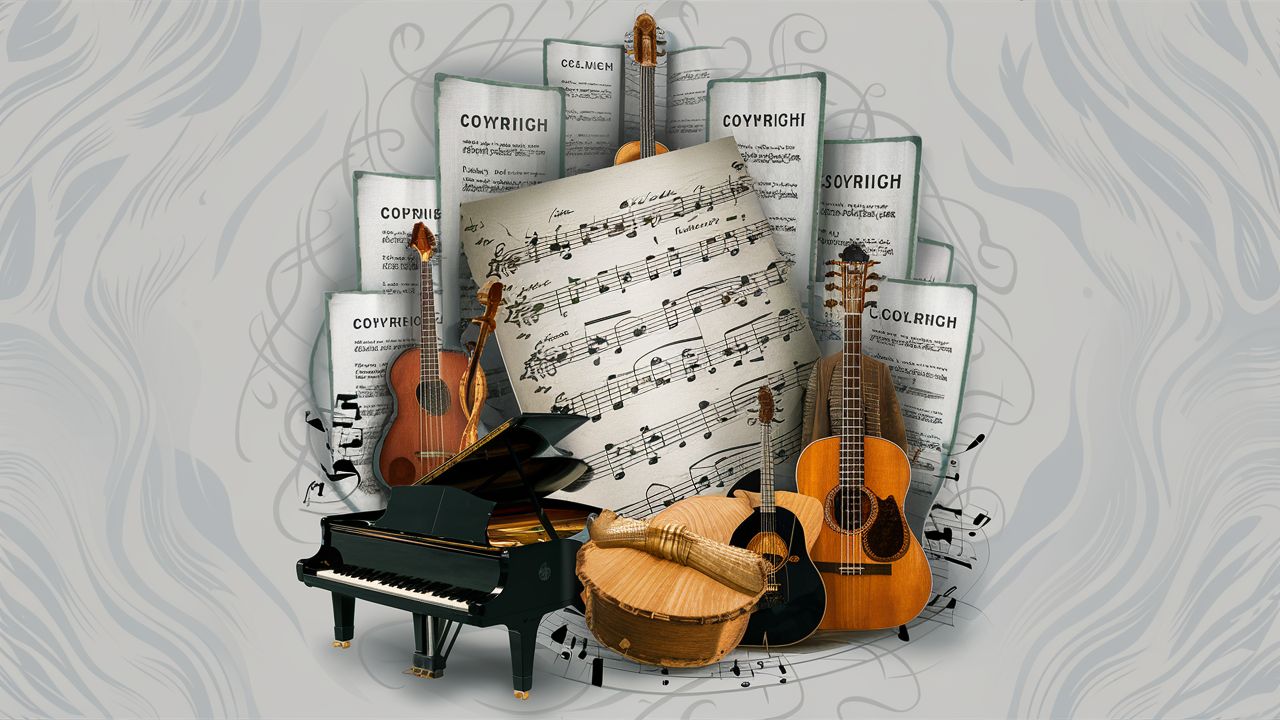Introduction:
In the ever-evolving landscape of the music industry, understanding your rights as an independent artist is crucial. Whether you’re just starting your musical journey or have been creating music for a while, having a solid grasp of music rights can protect your creative work and ensure you receive fair compensation for your talent and efforts.
What are Music Rights?
Music rights refer to the legal ownership and control over the use and distribution of musical compositions and recordings. These rights are divided into two main categories:
- Composition Rights: Also known as publishing rights, these rights pertain to the underlying musical composition, including the melody, lyrics, and musical arrangement. Composition rights are typically owned by the songwriter or composer.
- Sound Recording Rights: These rights relate to the actual recording of a musical composition, encompassing the performances, production, and engineering involved in creating the sound recording. Sound recording rights are often owned by the recording artist, record label, or producer.
Key Concepts in Music Rights
Copyright:
Copyright is the legal protection granted to creators of original works, including musical compositions and sound recordings. As soon as you create a piece of music and fix it in a tangible form (such as recording it), you automatically hold the copyright to that work. Copyright gives you exclusive rights to reproduce, distribute, perform, and display your music, as well as the right to create derivative works.
Performing Rights:
Performing rights organizations (PROs) such as ASCAP, BMI, and SESAC collect royalties on behalf of songwriters and publishers for the public performance of their music. This includes performances on radio, television, live concerts, streaming platforms, and other public venues. As an independent artist, you can join a PRO to ensure you receive royalties whenever your music is performed publicly.
Mechanical Rights:
Mechanical rights refer to the right to reproduce and distribute musical compositions in the form of CDs, vinyl records, digital downloads, and streaming. When your music is distributed through platforms like Spotify, Apple Music, or sold as physical copies, mechanical royalties are generated and paid to the copyright owner (usually the songwriter or music publisher).
Synchronization Rights:
Synchronization (sync) rights allow your music to be synchronized with visual media such as films, TV shows, advertisements, and video games. Licensing your music for sync placements can be a lucrative revenue stream for independent artists, but it requires negotiating agreements and obtaining permission from both the copyright owner of the composition and the sound recording.
Protecting Your Music Rights
As an independent artist, it’s essential to take proactive steps to protect your music rights:
- Register Your Copyrights: Register your musical compositions and sound recordings with the appropriate copyright office (e.g., the U.S. Copyright Office) to establish a legal record of ownership and eligibility for statutory damages in case of infringement.
- Join a Performing Rights Organization: Sign up with a PRO and register your songs to ensure you receive performance royalties whenever your music is played publicly.
- Understand Licensing and Contracts: Educate yourself about music licensing agreements, including mechanical licenses, sync licenses, and distribution contracts. Seek legal advice or consult with a music industry professional to ensure you understand the terms and implications before signing any agreements.
- Monitor Your Royalties: Keep track of your music’s usage and earnings across various platforms and territories. Utilize royalty collection services and digital distribution platforms that provide transparent reporting and timely payments.
Conclusion
Navigating the complex world of music rights can seem daunting, but arming yourself with knowledge and understanding your rights as an independent artist is empowering. By protecting your creative works and maximizing your revenue streams, you can focus on what matters most—making great music and connecting with your audience.
Remember, your music is your intellectual property, and knowing how to safeguard it ensures that you can continue to share your art with the world while thriving in the music industry.

